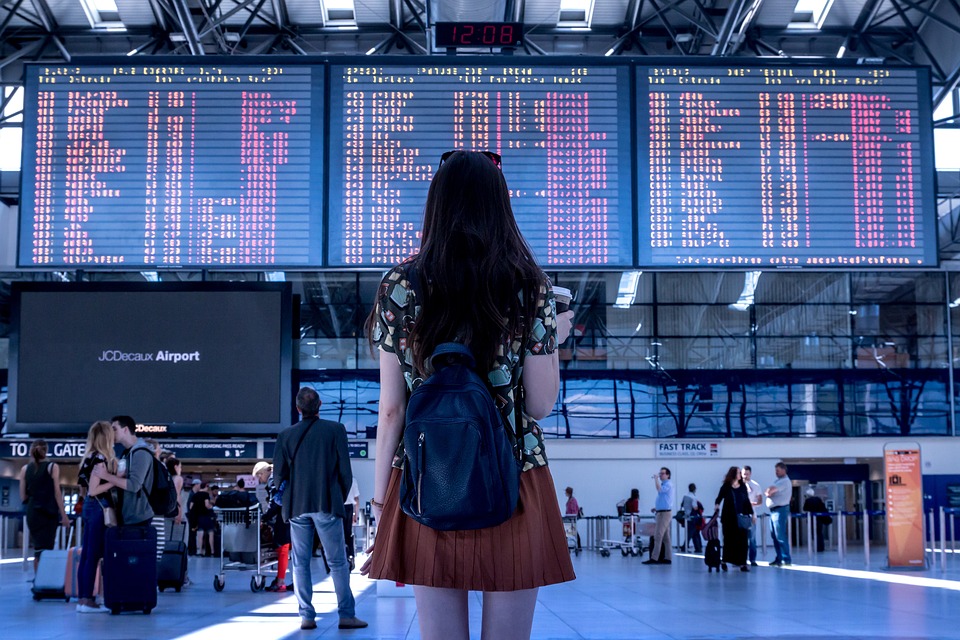Travel Tips for Navigating Culture Shock and Language Barriers
Traveling to a new country can be an exciting and enriching experience, but it can also come with its fair share of challenges, particularly when it comes to navigating culture shock and language barriers. However, with a little preparation and the right mindset, you can mitigate these challenges and make the most of your travel experience. Here are some travel tips for navigating culture shock and language barriers:
1. Do your research: Before you travel to a new country, take the time to learn about its culture, customs, and etiquette. Understanding the local customs and traditions can help you avoid making cultural faux pas and make a positive impression on the locals.
2. Learn the basics of the local language: While it may be impossible to become fluent in a new language before you travel, learning some basic phrases can go a long way in helping you navigate language barriers and communicate with the locals. Simple greetings, thank you, and please are good places to start.
3. Embrace the local culture: Instead of resisting or comparing everything to your home country, embrace the local culture and try to immerse yourself in it. Be open-minded and willing to experience new things, whether it’s trying new foods, attending local festivals, or participating in cultural activities.
4. Be patient and flexible: When faced with language barriers and cultural differences, it’s important to remain patient and flexible. Communication may take longer, and things may not always go as planned, but approaching these challenges with a positive attitude can help you overcome them more easily.
5. Use technology to your advantage: In today’s digital age, there are numerous apps and tools available to help you navigate language barriers and cultural differences. Translation apps, language learning apps, and travel guides can all be valuable resources to assist you during your travels.
6. Seek out local resources: Don’t be afraid to ask for help or seek out local resources when you need them. Locals, tour guides, and hotel staff can often provide valuable insights and assistance to help you navigate cultural differences and language barriers.
7. Respect local customs and traditions: One of the best ways to overcome culture shock and language barriers is to show respect for the local customs and traditions. Understanding and respecting the local way of life will not only help you integrate better but also earn the respect and appreciation of the locals.
8. Stay open-minded: Finally, it’s important to approach your travels with an open mind. Be willing to step outside of your comfort zone, challenge your preconceptions, and embrace the differences you encounter during your travels.
By being proactive, open-minded, and respectful, you can navigate culture shock and language barriers with greater ease and make the most of your travel experience. Remember that travel is not just about seeing new places; it’s also about immersing yourself in new cultures and broadening your perspective on the world. With the right approach, these challenges can become opportunities for growth and understanding.


